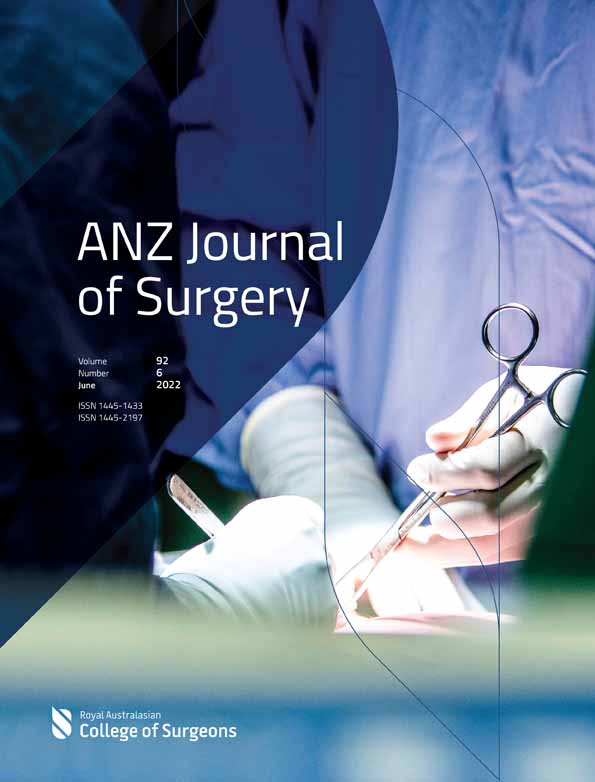Use of telemedicine consultations in head and neck cancer: patient perceptions, acceptability and accessibility
Abstract
Backgrounds
Telemedicine has been effective in the management of various medical conditions, however, there is limited knowledge of its use in head and neck oncosurveillance. This is of importance currently while trying to mitigate the risk of transmission during the COVID-19 pandemic. This study aims to evaluate acceptability, satisfaction and perceptions of telemedicine technology among outpatients for head and neck oncologic surveillance.
Methods
A cross-sectional study was conducted for head and neck surgical oncology patients who attended telemedicine consultations between March and October 2020 at the Peter MacCallum Cancer Centre. Data on demographic, socioeconomic and acceptability variables was collected, utilizing Likert scale questions. The primary outcome measures were patient satisfaction and perceptions, while the secondary outcome was access to technology.
Results
One hundred and fifteen patients were invited to participate, and 100 were included in the final analysis; 95% of patient's had a positive experience with telemedicine appointments and were willing to have future telemedicine appointments. Regional and rural patients were more accepting of telemedicine consultations, citing savings in travel time and the minimal disruption to normal day-to-day activities. All participants had access to telecommunication devices, with 63% having three or more devices. Issues identified include a lack of physical examination by clinician for 65% of participants and the inability to self-examine for 88% of participants.
Conclusion
The study demonstrates patients' acceptance of telemedicine appointments as a component of outpatient surveillance for head and neck surgical oncology. This has benefits during the COVID-19 pandemic in addition to increasing accessibility for rural patients.
Conflict of interest
None declared.




